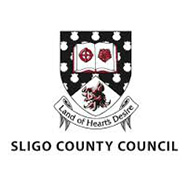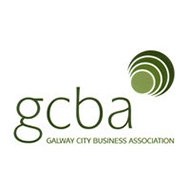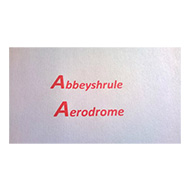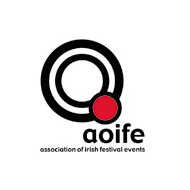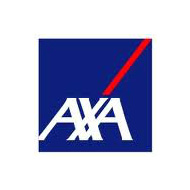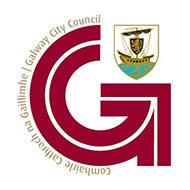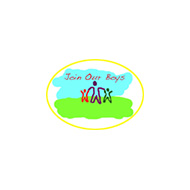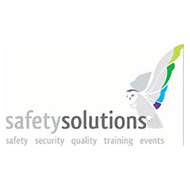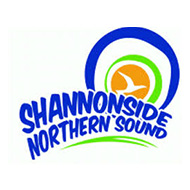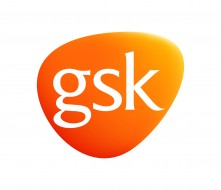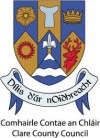Plan | Prepare | Perform
Risk Assessment
Cuttle Consulting can conduct a full risk assessment of your facility to aid management in understanding the existing risks and to put appropriate controls in place. Such a proactive policy tends to prevent accidents from occurring or where they do occur, will protect management from negative findings or prosecutions in any subsequent investigations.
Emergency Response Plans
Hazards are commonplace in most work environments. There is a legal obligation on organisations to have controls in place to mitigate against all known risks. The most effective control is a well-trained and prepared workforce. No matter how thick the binder containing a facility’s emergency response plan is or how many times it has been reviewed and amended it is only as strong as the abilities of the people performing each of the roles. This can only be achieved by training, drills and exercises.
Cuttle Consulting can draft and/or update your emergency response plan, design and deliver training to each role holder in the plan and design and deliver a scenario based exercise to strengthen the role holder’s knowledge and confidence in responding to an adverse incident at the facility.
Training
Cuttle Consulting use qualified and experienced trainers to deliver on-site training in;
EHS
Environment, Health and Safety (EHS) Departments exist in organisations who genuinely care about the safety of their staff, visitors and contractors. EHS Departments coordinate a holistic approach to safety and help foster a safety culture.
Cuttle Consulting work closely with EHS Departments to further the process by reviewing the emergency response plans with fresh external eyes. We use our experience to ensure that emergency response plans are capable of delivering what they promise by tailoring them to the specific needs of the individual client and moving away from generic plans.
Exercises
Every emergency response plan is only as strong as the abilities of the people performing each of the roles in the plan. An organisation’s ability to communicate the elements of its emergency response plan coupled with its approach to training, drills and exercises will determine how the plan stands up when there is a real emergency.
In the workplace, standard operating procedures work because they are repetitive. Likewise when it comes to emergency response the more that role holders participate in training, drills and exercises, the more likely it will be that they remember what to do and how to do it in an emergency.
Cuttle Consulting will design, deliver and assess drills and exercises that are based on the real risks associated with the facility including;
COMAH
The Control of Major Accident Hazards (COMAH) is governed by the Chemicals Act (Control of Major Accident Hazards Involving Dangerous Substances) Regulations 2015. Major industrial accidents involving dangerous substances pose a significant threat to humans and the environment; such accidents can give rise to serious injury to human health or serious damage to the environment, both on and off the site of the accident. In Europe, a catastrophic accident in the Italian town of Seveso in 1976 prompted the adoption of legislation on the prevention and control of such accidents known as Seveso Directives.
Under this Regulation an operator is obliged to take all necessary measures to prevent major accidents and to limit their consequences for both human health and the environment and to comply with the Regulations. All operators (it applies to both upper and lower-tier establishments) are required to prepare a major accident prevention policy document (MAPP).
The operator of an upper-tier establishment is required to prepare an internal emergency plan (IEP). It must be prepared in consultation with the relevant people working inside the establishment as well as the relevant local competent authorities, which will usually be the local authority fire service, the Health Service Executive and An Garda Síochána and such other persons as appear to the operator to be appropriate. The plan should address the measures to be taken inside the establishment if uncontrolled events occur that have the potential to lead to a major accident. Testing of the Internal Emergency Plan must take place at least every 3 years.
Cuttle Consulting have the knowledge and front-line experience to develop IEPs, train the role holders in the plan and design exercises to test the plan and prepare the responders.

